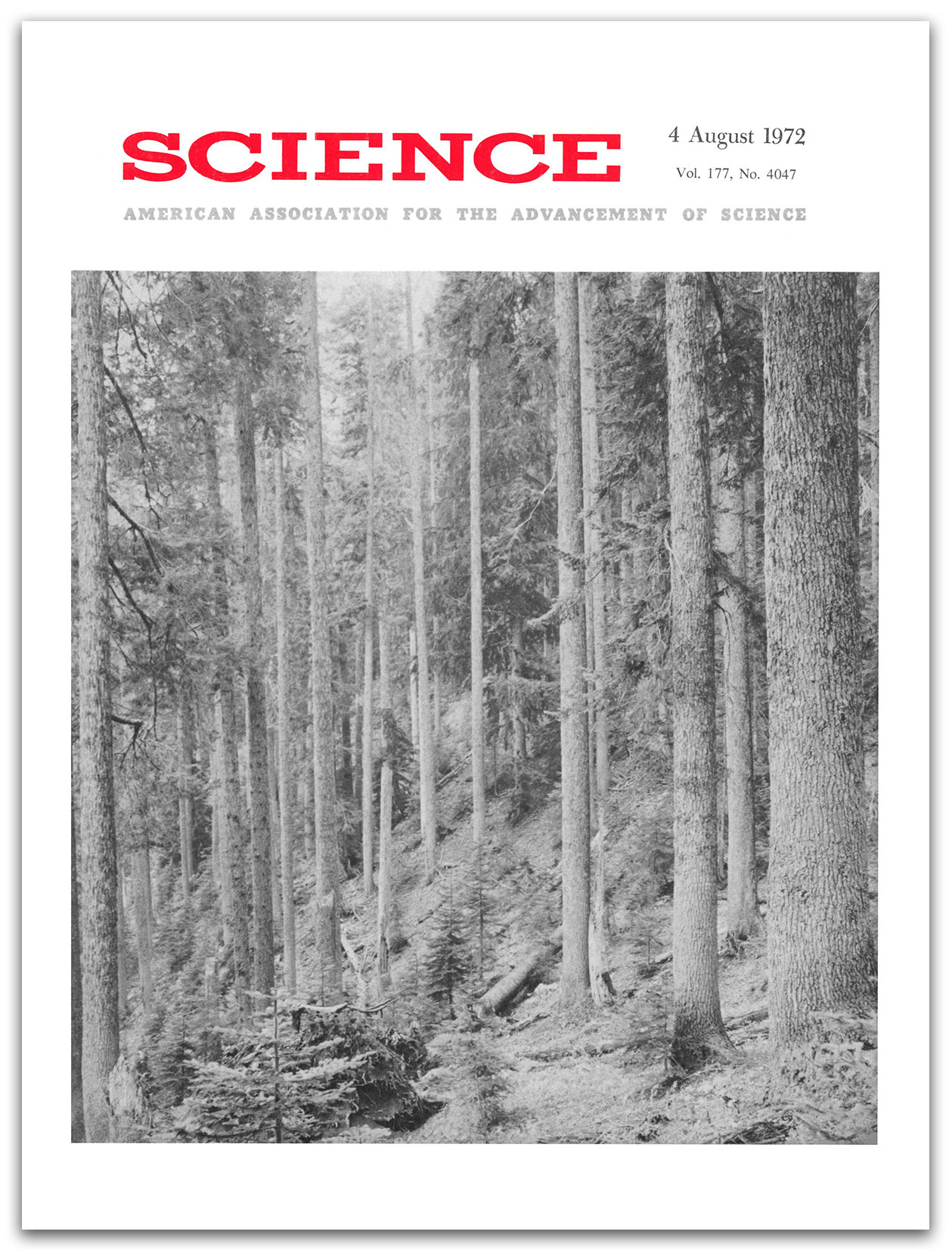Faster is different. It sounds strange at first because we expect faster to be better. We expect faster to be more. If we can analyze data faster, we can analyze more data. If we can network faster, we can network with more people. Faster is more, which is better, but more is different.
 The phenomenon was identified in nature in the article More Is Different published by P.W. Anderson in 1972 (cover used with permission of AAAS). Researchers found that crystal structures take on different properties as they link and form bigger structures. The properties of elementary particles were not indicative of the behavior of a group of particles. Anderson wrote, “at each level of complexity entirely new properties appear, and the understanding of the new behaviors requires research which I think is as fundamental in its nature as any other.”
The phenomenon was identified in nature in the article More Is Different published by P.W. Anderson in 1972 (cover used with permission of AAAS). Researchers found that crystal structures take on different properties as they link and form bigger structures. The properties of elementary particles were not indicative of the behavior of a group of particles. Anderson wrote, “at each level of complexity entirely new properties appear, and the understanding of the new behaviors requires research which I think is as fundamental in its nature as any other.”
Civilization has a similar quality. Think of the small towns you’ve been in. Think of the big cities. A city is not just a very large town. There are more people, but the behavior is different. There are more buildings, but the people and organizations, inside and outside, do different things.
Sure, faster means we can do more of what we've been doing. But faster is different because it frees resources to do qualitatively new things.
Look at genome sequencing. The human genome sequencing project kicked-off in 1990 as a $3 billion-project. It lasted ten years and involved scientific teams from 20 institutions. Today, a single technician can sequence a human genome in one day for about $3,000.
This is a perfect example of how faster is different. Now that we can sequence the genome faster that doesn’t just mean we can sequence the genomes of more people. New industries have been developed based on models of faster sequencing. Sequencing protects some couples from passing on unfavorable genes. Sequencing tells us which route our ancestors took out of Africa. Someday soon our genes will help our doctors know which drugs are likely to cure us. If sequencing had not become faster, these areas of research wouldn’t exist.
The philosophy that ‘faster is different’ applies in several steps of the research process. We take a look at specific examples in these articles:
Comments